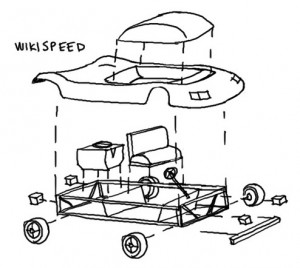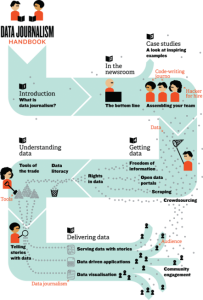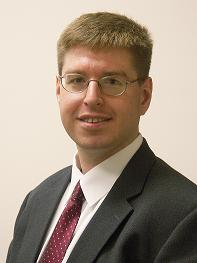
Interviewing Joe Justice from Team Wikispeed on the Future of Manufacturing (and Consumption)
Joe Justice is the ideator of Team Wikspeed: a team of volunteers distributed around the world who recently created a prototype car that is open source, modular and ultra-efficient in just three mo… …YES, in just three months compared with the years it takes traditional car manufacturers to bring out a new model.
See Also:
This is an extremely interesting interview with Joe Justice … it gives the gist of where the manufacturing revolution is going.
The interview is in both English and Italian.
Full interview with photos and video.

VIDEO:
Phi Beta Iota: Achieving an Open Source Everything world is a three part process:
1. Creation of Open Source Alternatives.
2. Creation of Integrated infrastructure–pieces need to intersect.
3. Abolishment of political parties and governments that try to micro-impose safety standards (e.g. air bags) and other onorous measures whose sole real purpose is to make competition unaffordable for the Open Source Everything movement, while blackmailing commerce into contributing to Political Action Campaigns.

See Also:
The Open Source Everything Manifesto: Transparency, Truth & Trust








